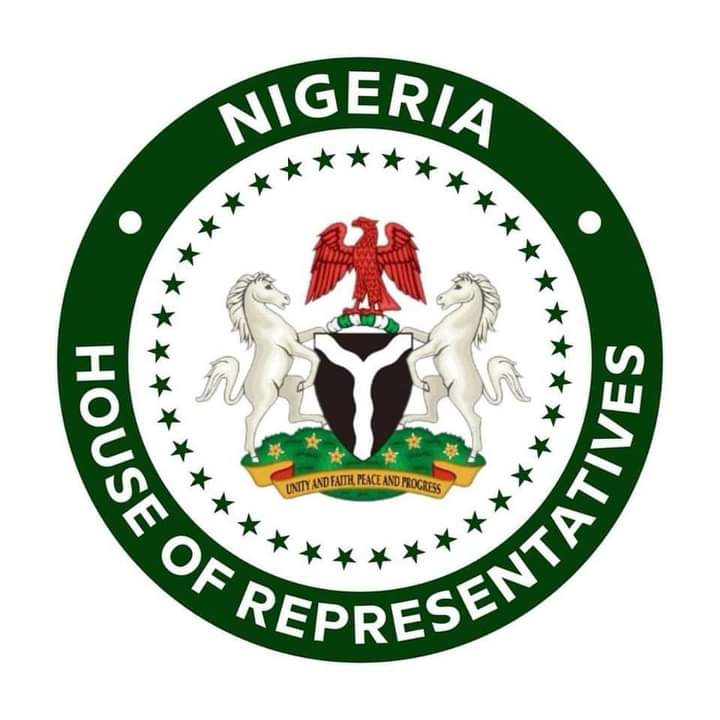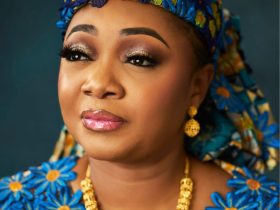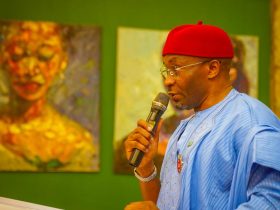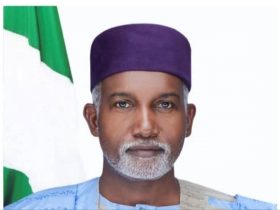By Reps Akin Rotimi Junior
On Tuesday, the 10th Assembly, House of Representatives will resume its weekly plenary sittings following the annual recess, which began in late July. In line with parliamentary tradition, it is expected that the Speaker and presiding officer, Rt. Hon. Abbas Tajudeen, Ph.D., will deliver an agenda setting speech.
Before the recess, the House presented its Performance Report for the First Session (June 13, 2023 – June 13, 2024), outlining key achievements and milestones since the 10th Assembly’s inauguration.
According to the report, 679 motions were moved, 89 bills were passed, and 306 petitions were received from distressed Nigerians during the first session. Additionally, Members of the Green Chamber conducted oversight visits to 107 MDAs, averaging 0.9 visits per committee as of June 13, 2024.
The annual recess in the legislative calendar serves as a vital opportunity for federal lawmakers to engage in extensive constituency outreach across the country. It also enhances the oversight of Ministries, Departments, and Agencies (MDAs), as outlined in the 1999 Constitution (as amended). During this time, Standing and AdHoc Committees conducted important hearings to address critical concerns.
Although the House wasn’t holding plenary sessions, alternative avenues were utilized to address issues typically raised as Motions of Urgent National Importance. For example, following the devastating floods in Maiduguri, Borno State, the House sent a delegation led by Rep. Ado Doguwa (APC, Kano) to the state, making a donation to the government. In separate statements, both Rep. Doguwa and Rep. Muhktar Aliyu Betara (APC, Borno) assured that legislative measures would be taken upon resumption to further address the crisis.
Members of the House Committee on Rules and Business recently held a retreat focused on revalidating legislative manuals to ensure high-quality output from the House of Representatives. This is crucial for refining our processes.
In this light, bills and motions aligned with our commitments in the legislative agenda will receive prioritization and fast-tracking, particularly because they will serve as indicators by which Nigerians assess the 10th Assembly at the upcoming mid-term in June 2025.
As the Green Chamber resumes, the House will inaugurate the board of the Public Complaints Commission (PCC). It is also expected to inaugurate the Joint Senate/House Ad Hoc Committee on the Petroleum Industry Investigation, which aims to address challenges in the oil and gas sector.
Honourable Members will actively debate and pursue legislative action on pressing challenges faced by Nigerians, particularly those related to the recent flooding in Maiduguri, the spate of insecurity in the country, and the economy. These issues, among others of urgent national importance, will be prioritized as we respond to the needs of our constituencies.
—
*Major Areas of Legislative Focus*
*2025 Budget*
With the 2024 fiscal year coming to a close, the House eagerly anticipates receiving the 2025 Appropriation Bill soon. Timely submission from the Executive is crucial, as it facilitates thorough scrutiny and public input through Town Hall meetings, a practice pioneered by the House during the 2024 Budget review.
The House is firmly committed to maintaining the January – December budget cycle and anticipates cooperation from the Executive in this regard.
*Constitution Review*
The constitutional review process serves as the bedrock of our democracy, embodying our collective aspirations for a just society. The House reaffirms the December 2025 deadline to arrive at definitive outcomes for the Sixth Alteration to the 1999 Constitution (as amended). The House Committee on Constitution Review (HCCR), chaired by the Deputy Speaker, Rt. Hon. Benjamin Kalu, will intensify efforts to address pressing issues and align our laws with the needs of the public.
To date, we have received about 305 memoranda from the public and about 150 Constitution Alteration Bills from Honourable Members, reflecting significant public engagement and concern. These bills will be given accelerated consideration.
*Electoral Reform*
As outlined in Article 6.7 on Law Reform in our Legislative Agenda, the 10th House will prioritize amending the Electoral Act 2022 to address gaps, including vague and contradictory provisions. In line with our agenda, we are also committed to establishing a mechanism for periodic reviews of electoral laws to ensure they remain relevant and aligned with global best practices.
Notably, groundwork for this process has already begun with a Citizen Town Hall on electoral reforms held by the House Committee on Electoral Matters in November 2023. As we resume, the House will build on these ongoing efforts to strengthen our electoral framework.
*Local Government Autonomy*
In light of the landmark Supreme Court ruling in July 2024 on Local Government Autonomy, we anticipate bills aimed at ensuring the consequential alignment of various extant laws with this new reality. This issue is pivotal to our Legislative Agenda, particularly Article 6.3 on Law Reform (Agenda 3).
The 10th Assembly proposed several reforms for Nigeria’s local government councils, including constitutional changes to grant them financial and operational independence. This shift is essential for clearly defining the roles and responsibilities of local governments and preventing overlaps and conflicts.
Further reforms will address electoral processes within local councils and clarify their roles in maintaining security at the grassroots level. These initiatives are crucial for empowering local governments and ensuring they effectively serve their communities.
*Whistleblower Protection Bill*
In consideration of recent policy statements from the Minister of Finance and Coordinating Minister of the Economy, Mr. Wale Edun, the House anticipates an executive bill concerning Whistleblower Protection. This initiative aligns with our 8-Point Legislative Agenda, particularly aspects focused on strengthening good governance and improving national security.
Efforts in this area promise to significantly boost the fight against corruption and improve Nigeria’s revenue streams. Several lawmakers in the 10th Assembly, including myself, have sponsored related bills that hold great potential not only for combatting corruption but also for enhancing national security.
*Oversight and Legislative Compliance*
As we resume from the annual recess, we note heightened public interest in the House’s efforts to ensure compliance with our resolutions on various subjects and the status of pending legacy reports. The House leadership, alongside relevant committees, particularly the House Committee on Legislative Compliance, will intensify efforts to provide transparent answers and hold accountable those responsible for implementing motions and resolutions passed by the National Assembly.
Standing and AdHoc Committees of the House, with renewed vigor, are also dedicated to ensuring effective oversight of key programmes and policies of the federal government to ensure the urgency, effectiveness, and efficiency required to address pressing challenges affecting our constituents across the country. The House Leadership will be taking necessary measures to strengthen these committees.
Other Legislative Reforms and Constituency Outreach
Approaching our midterm evaluation in June 2025 the House will intensify our efforts and build on our legislative performance so far to address critical national issues highlighted in our Legislative Agenda.
Another key focus for Members will be ensuring the effective monitoring of Zonal Intervention Projects (ZIPs) budgeted for the 2024 fiscal year within our constituencies. This is particularly vital at this juncture, allowing us to remain responsive to the needs of our constituents and reinforcing our commitment to effective governance.
The 10th House of Representatives is deeply committed to robust oversight, accountability, and responsiveness to the needs of Nigerian citizens. Through targeted legislative action and thorough review mechanisms, we are well-positioned to tackle pressing issues that enhance the well-being of our people.
As we resume sittings, we invite citizens to engage with their respective representatives and participate in discussions that shape our legislative priorities.
This commitment not only reinforces our role in promoting good governance but also strengthens the democratic fabric of our nation. Together, we can work towards building a brighter future for all Nigerians.











Leave a Reply